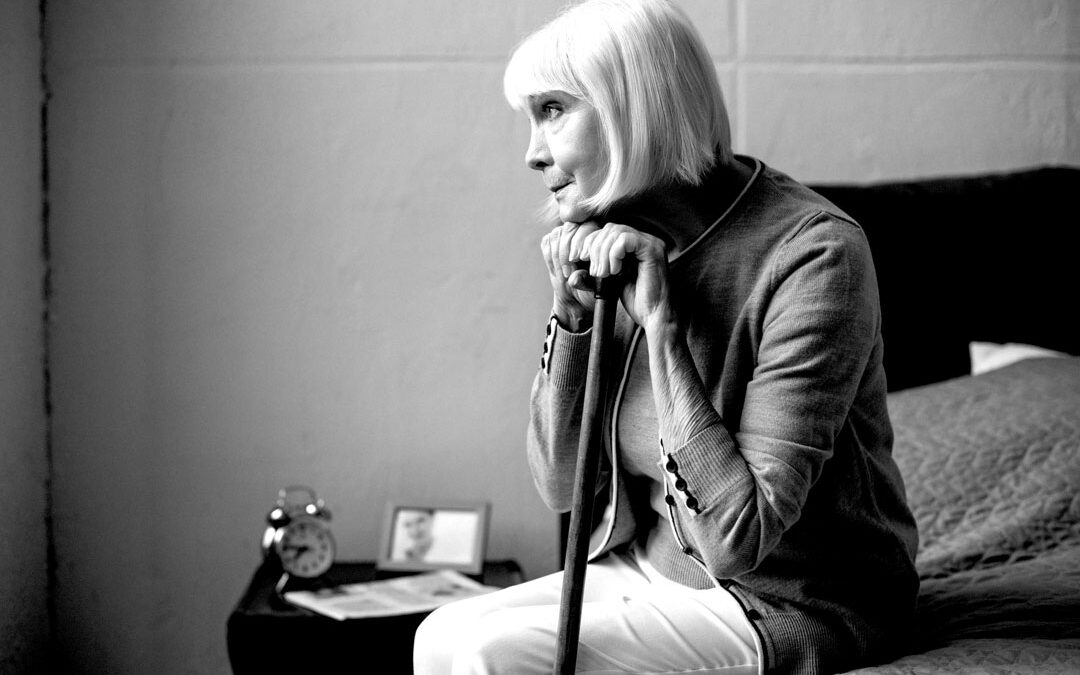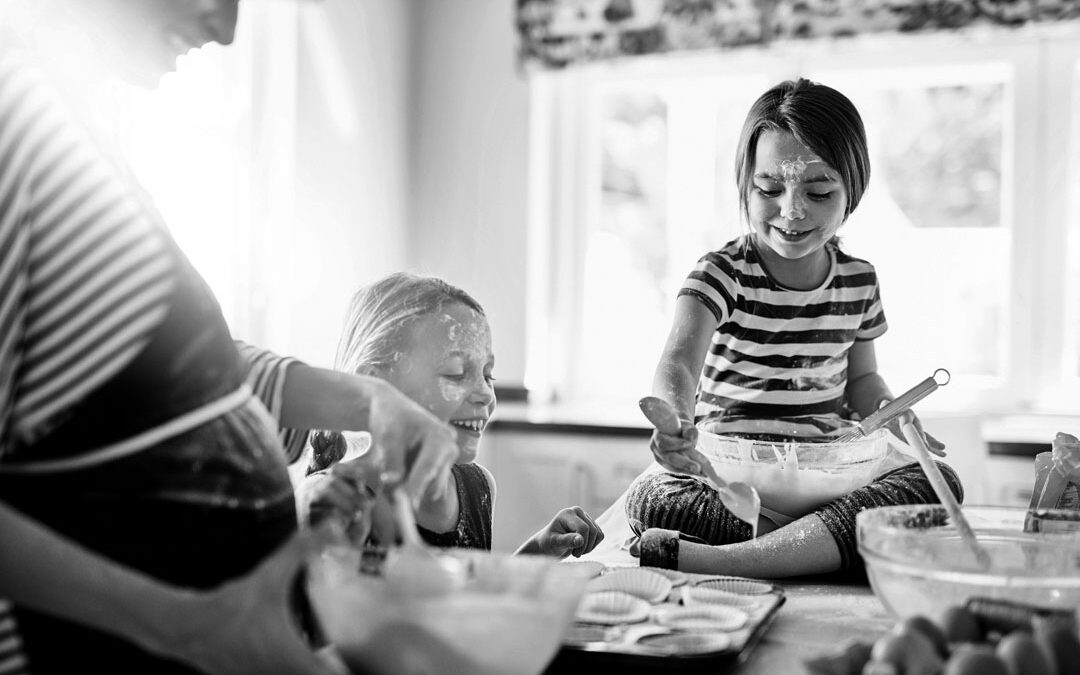 Most couples within a long-term relationship will be able to list at least one perpetual problem to which they seem to never find a solution. There is usually an ‘underlying current’ streaming below the relationship that is the basis for the conflicts. For example,...
Most couples within a long-term relationship will be able to list at least one perpetual problem to which they seem to never find a solution. There is usually an ‘underlying current’ streaming below the relationship that is the basis for the conflicts. For example,...
 The baby boomer generation (born between the years of 1946 and 1964) has caused a considerable rise in 55+ and assisted living residences to accommodate the elderly moving out of their primary homes. But how about the baby boomers who don’t want to leave their primary...
The baby boomer generation (born between the years of 1946 and 1964) has caused a considerable rise in 55+ and assisted living residences to accommodate the elderly moving out of their primary homes. But how about the baby boomers who don’t want to leave their primary...
 Want to ensure your kids will grow up to be happy, successful adults? Do you also want to ensure they become confident individuals? Do you remind them that kindness to themselves is just as important to those they meet? Perhaps you dream of them being the athlete you...
How adopting the European Lifestyle or TEL is a fun way of attaining a healthy mind-body connection. Oh Please…do TEL is an 8-module course to curb your anxiety around uncertainty, become physically and mentally stronger, and create a sense of peace in your life. ....
Want to ensure your kids will grow up to be happy, successful adults? Do you also want to ensure they become confident individuals? Do you remind them that kindness to themselves is just as important to those they meet? Perhaps you dream of them being the athlete you...
How adopting the European Lifestyle or TEL is a fun way of attaining a healthy mind-body connection. Oh Please…do TEL is an 8-module course to curb your anxiety around uncertainty, become physically and mentally stronger, and create a sense of peace in your life. ....
 For those of you who need to fall in love with yourself a little more…rather than spend your days pleasing others, this is for you. I love a specific piece of writing from Frederick Buechner, where he describes how loving yourself is like loving your neighbour, but...
For those of you who need to fall in love with yourself a little more…rather than spend your days pleasing others, this is for you. I love a specific piece of writing from Frederick Buechner, where he describes how loving yourself is like loving your neighbour, but...





